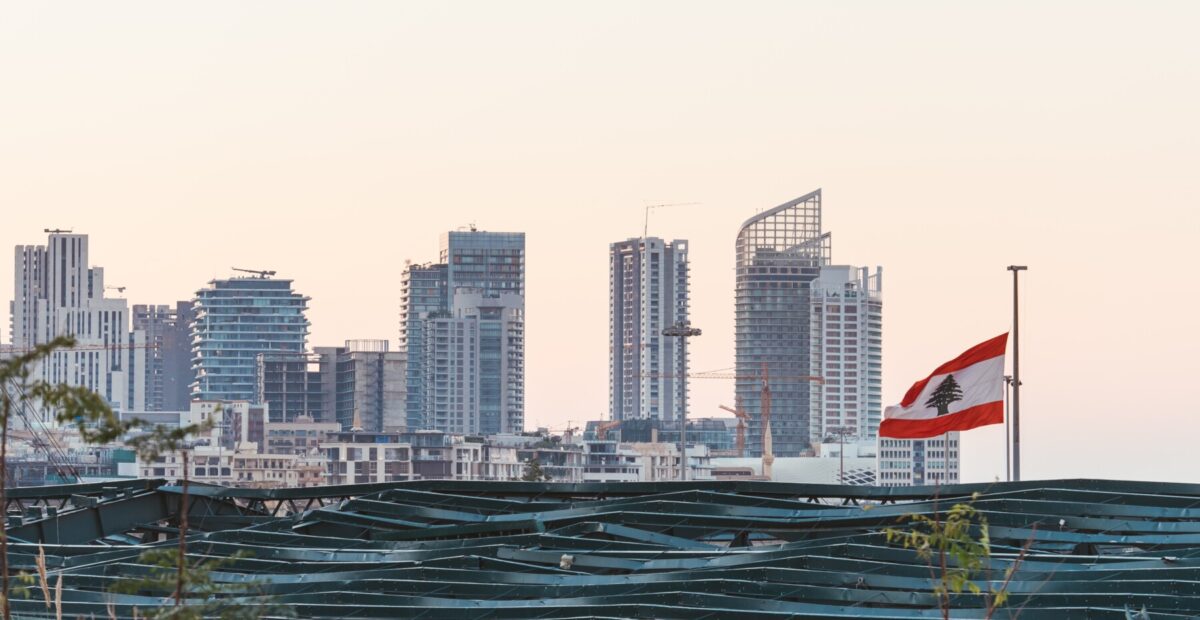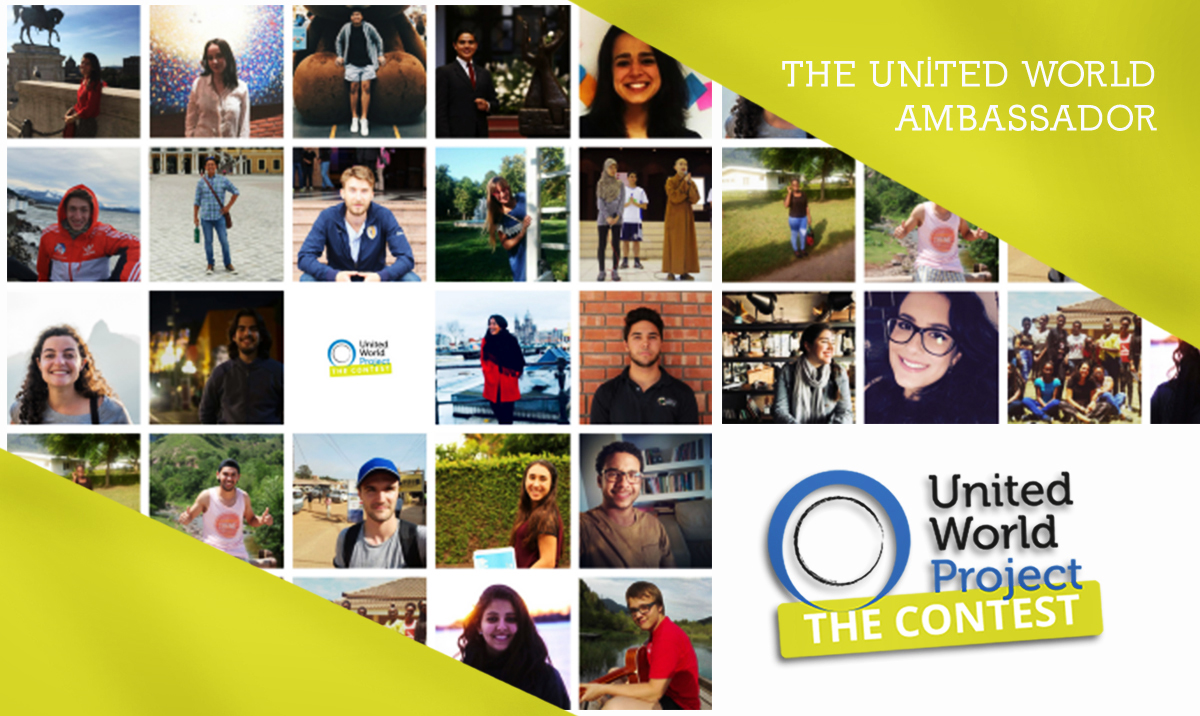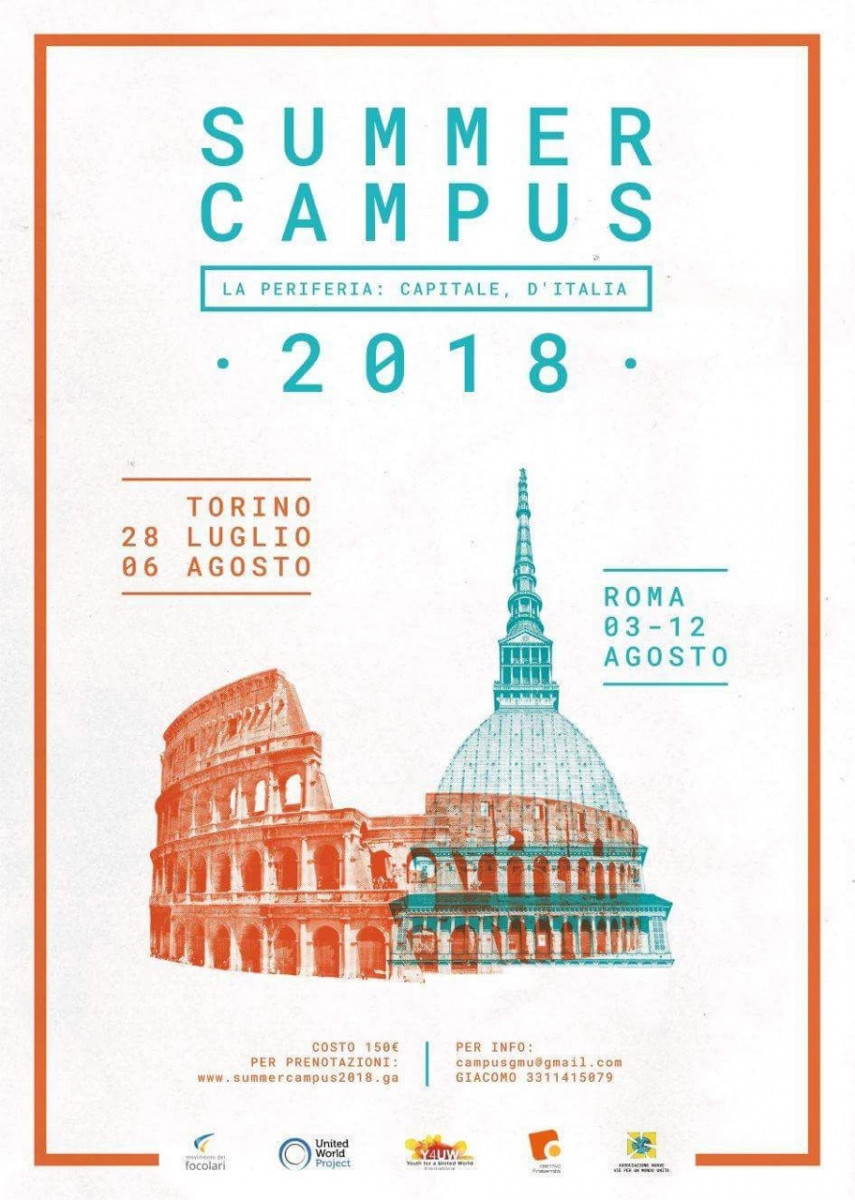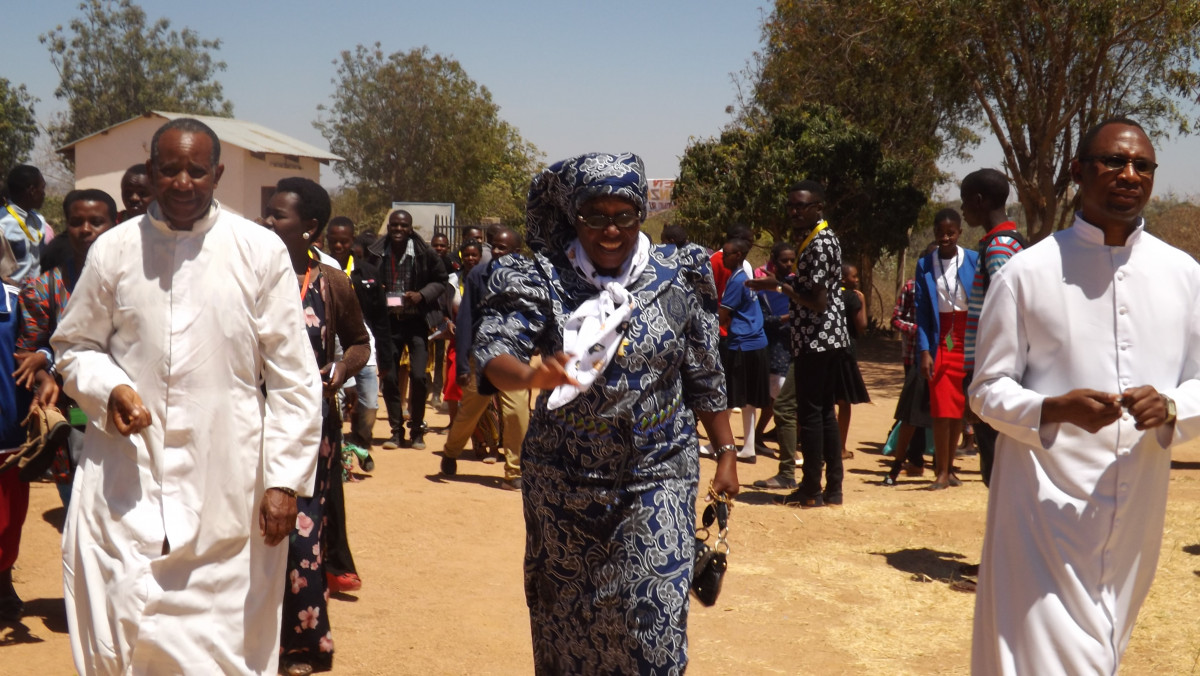
Workshop
VOICES | LEBANON: Can the phoenix be born again?

There are many armed conflicts still going on in the world, countless peoples of the world who are living humanitarian tragedies. Today, Afghanistan is the focus of worldwide media attention but… not so for other countries. Not Yemen or Myanmar, Syria, Nigeria, Democratic Republic of Congo, Venezuela, South Sudan, Somalia, Central African Republic, to name a few. On our website, these countries will always find space and attention. But with this article, we would like to do more: give them a voice. We want to give voice to their hunger for peace, rights, justice, equity, equality… Let’s start from Lebanon and the Lebanese people, who have been stuck for far too long in a political, social and economic crisis that is tragically forcing “the best of youth”, even the most qualified, to migrate, to look for hope elsewhere. The following article comes to us from the Land of the Cedars, the writer is a woman.
September 2021: we are now two years away from the October 17, 2019 revolution which has seen Lebanese of all religions converge in impressive demonstrations, to say no to the political class that for more than 30 years has led the country adrift, to denounce the corruption and cronyism that were rampant in many institutions, making the state, in several cases, non-existent.
The October 2019 revolution was like a swan song, a particularly significant moment that could lead to fundamental change, but that in reality has not been able to recover the delay of the awareness by the people to have chosen politicians completely inadequate that, in their numerous mandates have not been committed in any way to realize the promises made to the citizens.
A revolution that also suffered from the lack of leadership, the absence of new figures who could offer a vision for the future, take charge and replace the corrupt political class.
In the midst of the political storm and the pandemic crisis, Lebanon had to live through the drama, not the last, of the explosion of August 4, 2020, which is nothing but the result of an “ungoverned” country and therefore exposed to all kinds of risks.
And today, unfortunately, we are faced with an unprecedented situation; everything that is happening in Lebanon is “unprecedented”: devaluation of the Lebanese lira (20,000 L.L. against one dollar is the current exchange rate on the black market); illegal capital control exercised by banks as a result of the country’s undeclared bankruptcy, shortages of electricity, fuel, medicines, medical equipment and basic necessities… And the real tragedy is the exodus of young people, of families who have the means to leave the country in search of a minimum of dignity, precisely those who constitute “the promise of tomorrow”.
Lebanese spend hours in endless queues, a daily exhaustion for a few liters of gasoline. Tension rises among people, and conflicts become almost inevitable causing very sad episodes such as the explosion of a gasoline tank on August 18 in the region of Akkar, on the border with Syria, in which more than 33 people lost their lives, not counting the wounded.
Hospitals, schools and universities that have been the glory of Lebanon are now at risk of not being able to continue offering their services…
Man is dying today in Lebanon, not at “slow fire”, hidden, but in front of everyone’s eyes, annihilated by a calculated premeditation! Political decisions are dictated by the interests of the ruling oligarchy, which alone continues to enjoy basic services, i.e., electricity, fuel, basic food supplies, while 55% of the population is below the minimum poverty line. This same political class continues to delay the formation of government for alleged reasons of confessional balance, while people die.
According to the World Bank, Lebanon is facing the worst economic crisis the world has experienced since the late 19th century.
Small group demonstrations ensued, among cancer patients demanding their care and parents of the August 4th martyrs demanding justice for their lost children or loved ones….
Having said this, we know that we do not have the exclusive right to suffer, many people suffer more than we do, but what is striking is this succession of events and dramas that risk making us believe that night has fallen on Lebanon for good and that we no longer have to wait for dawn.
Yet I would risk being unfair and sin of omission if I did not testify to the existence of daily acts of resilience that can be counted by dozens if not hundreds: such as, for example, the decision of Saint Joseph’s University in Beirut (a private Jesuit university that is one of the most important in Lebanon) to accept payment in Lebanese lira and to support the growing number of students in difficulty with scholarships.
The Ministry of Education has pledged to secure the energy needed to operate public schools through the acquisition of photovoltaic panels funded by international organizations.
As is well known, the structural aid promised by the international community is conditioned by the formation of the government and the willingness to consider real reforms of state institutions to eradicate the evil of corruption.
Many people, on small scale, struggle every day to help people to get medicines. Small aid from the international community, but especially from private individuals, can be counted by the thousands and that’s how the idea of the humanitarian luggage was born: some airlines allow the passenger who is flying to Beirut, to bring an extra luggage, to carry essential goods for Lebanon.
Medicines are collected from around the world and sent by the many Lebanese immigrants and others.
But really, what is the value of these initiatives (especially the small ones) in the face of the country’s overall collapse? Are they signs of Providence? Are they gestures of hope or resilience? But what is hope? Who still dares to speak of hope?
I leave this to Edmond Michelet, several times minister of General de Gaulle, who experienced deportation to Dachau as a resistance fighter and lived his human and Christian commitment in the manner of the saints, drawing on these selected excerpts [1].
To his companions who asked him the dreadful question of “why?” he, with his feet in the “same mud, but his head in Heaven,” dared to answer, “Take care of others and you will find a way in the night”.
Providence is always present in the midst of the darkest moments of anguish”.
And more:
“To persevere is to resist without forcing the obstacle, it is not fleeing during the struggle, it is to remain there without ever accepting dehumanisation, it is identifying the obstacle, even if that obstacle is called evil, in the light of the Cross of the Saviour. We can ask for this perseverance in faith without ever doubting the incredible capacities for generosity and love buried in every human being.”
100 years after the birth of Grand-Liban in 1920, has the so-called ‘Lebanese formula’ failed? Has the National Pact of 1943[2] become a myth today? Or are we in the throes of giving birth to a new Lebanon, where “communitarianism” (understood as the politicization of religious affiliations) will be overcome and will we recognize our identities as complementary and not “homicidal”, capable of building a nation that reflects common values and a space of possible fraternity, that ‘message’ which constitutes the true identity of this land?
By J.K.
After 13 months of stalemate, the President of the Republic Michel Aoun (Christian) and the Prime Minister in charge Najib Mikati (Sunni) announced that Lebanon has a new government. 24 ministers: 12 Christians and 12 Muslims; only one woman. Their task is to resurrect the Phoenix.

[1] Excerpts translated from the book by Benoit Rivière, Prier 15 jours avec Edmond et Marie Michelet, Editions Nouvelle Cité, 1999, p.11.
[2] “Il cosiddetto patto “nazionale” tra cristiani e musulmani, agli albori dell’indipendenza nel 1943, ha fatto da cornice a un’ideologia transcomunitaria che purtroppo non ha resistito ai venti di destabilizzazione degli anni 1975-1990. I cristiani rinunciarono alla protezione coloniale francese, mentre i musulmani, dal canto loro, abbandonarono ogni desiderio di unire il Libano con la Siria o qualsiasi stato unitario di carattere “arabo” volto a raggruppare le varie ex province arabe dell’Impero ottomano, condivise tra i francesi e gli inglesi.Il Libano si pone così la vocazione di essere una “terra” di dialogo islamo-cristiano, di “ponte” tra Oriente e Occidente”.






